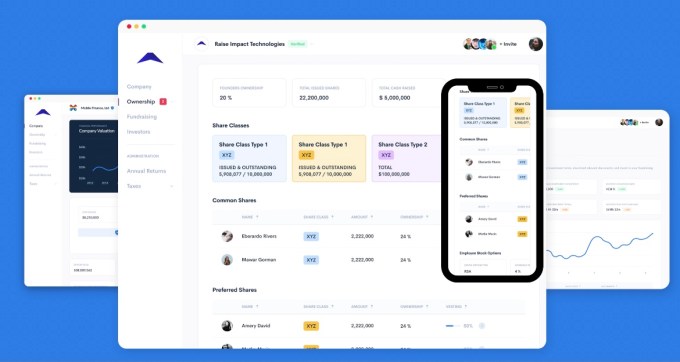If your work life — or your life’s work — revolves around the tech startup world, there’s no more important place to be on September 21-23 than TechCrunch Disrupt 2021. And for just a few more hours, you can snag a pass to this be-all-and-end-all tech startup conference for less than $99.
In other words, peeps, it’s now-o’clock. Buy your pass before the early-bird price ends tonight at 11:59 pm (PT).
We can’t possibly detail in one post all of the Disrupt presentations, speakers, events and opportunities waiting for you — believe me, we’ve tried. So, let’s focus on just one aspect of Disrupt 2021 you won’t want to miss. The breakout sessions.
You’ll find a diverse array of these sessions scattered throughout all three days. We’ll highlight a few here; be sure to check out all of them in the Disrupt 2021 agenda.
Startup Pitch Feedback Sessions: You’ll find 10 of these scheduled over three days. Make time to watch and learn as all the startups exhibiting in Startup Alley pitch and hear feedback from TC staff. You’re sure to pick up tips to improve your own pitch.
You Complete Me: In the age of the composable ecosystems, we’re all partners now — from frenemies to pure collaborations. So why is now the right time to invite friends and challengers to the table? The truth is we have to build for an unknown future, with a shared strategy and value outcome. Join us to discover five ways to encourage more symbiotic relationships in the platform economy. Presented by Elliott Limb, chief customer officer at Mambu.
Hacking U.S. Healthcare: Few things conjure more negative emotions than navigating medical billing; Americans urgently need solutions that prioritize their needs, decrease costs and elevate the patient journey so they can focus on getting care. Digital innovation can provide exceptional patient experiences that remove friction for payers, providers and consumers. Hear how Cedar, a digital-health unicorn, engineered a consumer-first digital platform that’s revolutionizing the financial experience for the entire healthcare industry. Presented by Cedar.
Taking Care of the Next Generation: KiwiCo empowers kids to explore, create and learn with hands-on kits. Mirvie provides a personalized window into pregnancy for early detection and intervention. Grove is committed to a plastic-free future with its line of eco-friendly beauty, home and lifestyle products. Hear from the exceptional leaders of these three companies about their mission to create a better world now and for future generations, building movements and communities, and the milestones in getting to escape velocity. Presented by Mayfield.
TechCrunch Disrupt 2021 is where you need to be on September 21-23. Why not be there for less than $100? Buy an early-bird pass before the deal expires tonight at 11:59 pm (PT).
Is your company interested in sponsoring or exhibiting at Disrupt 2021? Contact our sponsorship sales team by filling out this form.
